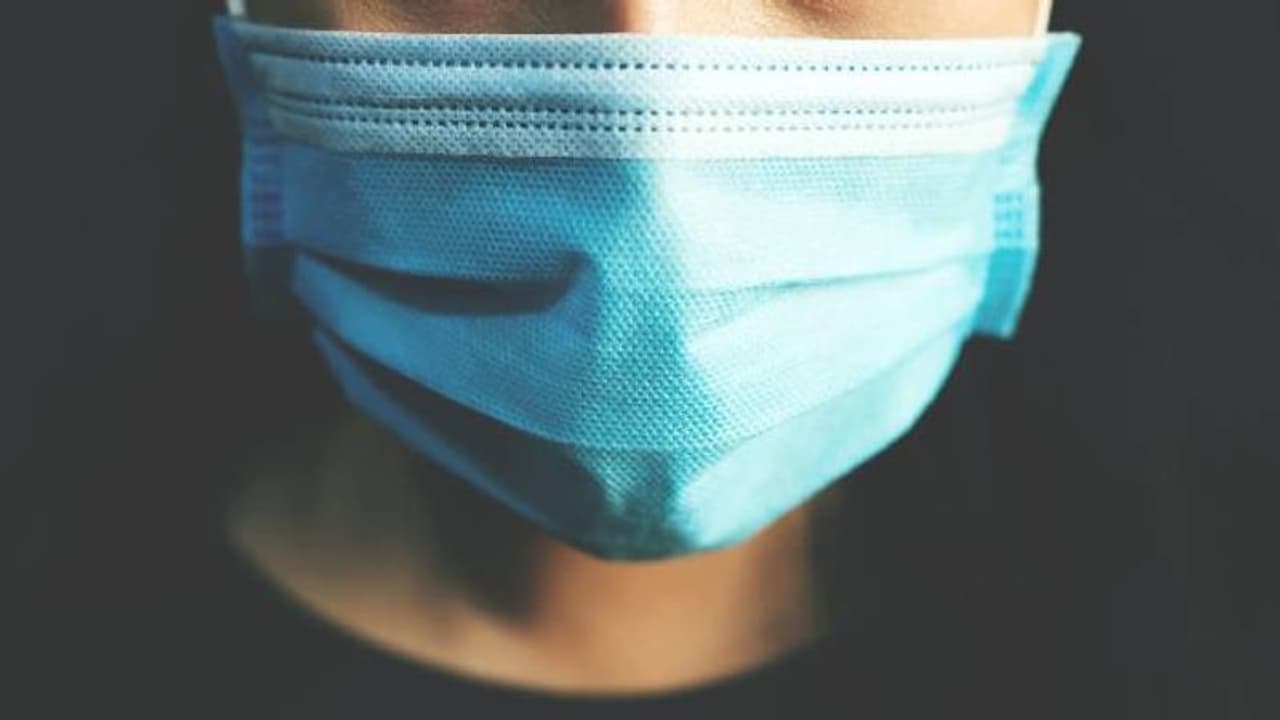The mask regulation, which goes into force on Wednesday, applies to everyone, whether or not they have been vaccinated.
Authorities in California said Monday that they were reintroducing mask regulations in all indoor public venues to combat the recent emergence of Covid-19. The mask regulation, which goes into force on Wednesday, applies to everyone, whether or not they have been vaccinated. A few months ago, the mask-wearing prohibition was reinstated in Los Angeles, San Francisco, and other California counties. However, other counties, such as Orange and San Diego, which are densely populated, have adhered to state-wide guidelines requiring masks to be worn only in specified public locations, such as airports, hospitals, or schools, and not in stores, restaurants, or movies.

The new rule was driven by the significant surge of Covid-19 instances, according to California's Health Secretary Mark Ghaly. Since the Thanksgiving holiday at the end of November, there has been a 47 per cent spike in cases. During that period, the frequency of new coronavirus cases per 100,000 people in California increased from 9.6 to 14 per 100,000. Wearing a mask, according to Ghaly, might help prevent a repetition of last winter's high rates of illness and mortality. Ghaly said they are at a key juncture where they have a tool that they know has worked and can work. He went on to say that when they look at the data, masks definitely make a difference, and that even a 10% increase in indoor masking may significantly restrict case transmission.
Also Read | WHO says Omicron appears to spread faster than Delta, decreases vaccination effectiveness
The mask requirement will remain in force until January 15. California has also made it more difficult for unvaccinated persons to join gatherings of more than 1,000 people in an enclosed location. Unvaccinated guests will be required to produce a negative Covid-19 test done within the last 24 or 48 hours (depending on the type of test) rather than 72 hours. California's declaration came on the same day that New York City enacted similar limitations.
